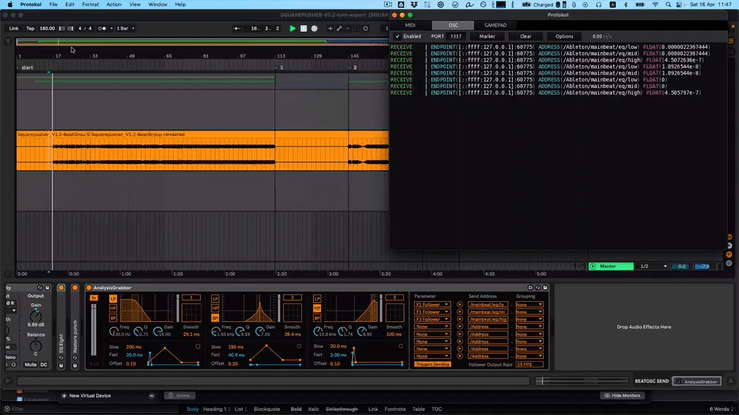PEDAL-O-SOPHY
Why so many pedals?
"Playing is the foundation of learning, creativity, self-expression, and constructive problem-solving. It’s how children wrestle with life to make it meaningful. ”
Susan Linn – Contemporary American psychiatrist
When I play the bass, I’m often focused on using the right technique, intonation and timing. This comes from my classical training where the focus lies on the mistakes, with the goal to improve, of course. But it’s this conditioning which sometimes keeps me from getting into a creative and playful flow.
When I use pedals and move my focus (partly) towards them, I‘m a child again, playing with my favourite toys and forgetting about the world. It is this mindset which is great for creativity.
I like to think about effect pedals as an extension of my instrument and toolkit for musical expressions. It does not replace any of the traditional ways of expression.
Pedals inspire me. The feel of twisting knobs is something which triggers that playful instinct. It is a direct link of cause and result.
But there is also a downside. Pedals and technology in general can lead to distraction and even worse, to procrastination. There is even a term for this:
G.A.S.
It stands for Gear Acquiring Syndrome. It means you buy a pedal or piece of gear only for the satisfaction of having it. It happened to me in the past, too. It needs discipline and an attentive mindset to find a balance.
It is a omni-directional process:

For this master research I was looking for a special sort of pedals. Sample/loop manipulation, granular and modulated delay/reverb and pitch shifting.
These are the 3 categories I focused on.
Reverb creates a virtual room by imitating a real one. By changing the reverb, I can change the location. Imagine a sad melody played in a closet or in a big church. It makes a big difference. Not only for the listener; it foremost influences the way I play.
Delay repeats something I played. It makes me play feweer notes. Another name for delay is Echo. When I hear an echo of what I’ve played, it feels as if somebody else is playing with me. The great thing about old tape or drum echos is that each repeat sounds different. Imagine a mirror image which imitates your moves, but later and every time a little differently.
Delay is my favourite effect.
I use pitch shifting to play more than one note at the same time. Like this I can play chords and extend the range of the instrument dramatically.
As my main research question is about loops and their modulation or variation, I use 6 different pedals with different approaches and workflows.






